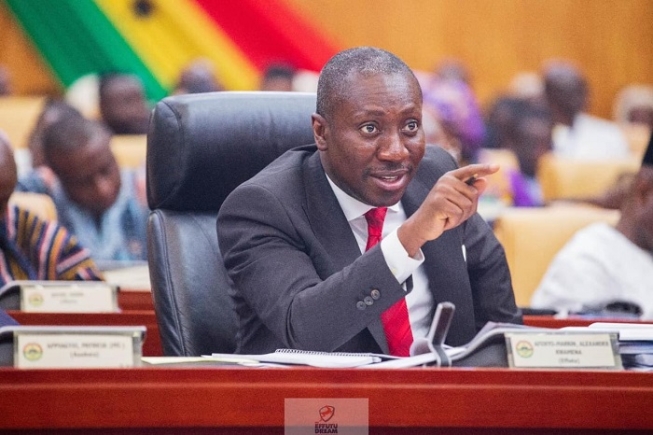
Alexander Afenyo-Markin’s admission highlights the political consequences of the government’s Debt Exchange Programme (DEP), which was part of an effort to stabilize Ghana’s economy but led to significant public discontent. The DEP, introduced in late 2022, required domestic bondholders to accept reduced interest rates and extended repayment periods to secure an IMF bailout. While the program aimed to address the country’s debt crisis, it became a point of contention for many Ghanaians, especially pensioners and middle-class investors who felt financially betrayed.
Afenyo-Markin’s acknowledgment that the NPP underestimated the public’s resentment and failed to communicate the long-term benefits of the program shows an important lesson for political leaders. Effective communication and public engagement appear to have been lacking, as many perceived the programme as punitive rather than necessary for economic recovery.
Moving forward, Afenyo-Markin’s call for a review of the NPP’s approach to economic management and engagement with the public signals an attempt to rebuild trust ahead of future elections. This could include more transparent dialogues on difficult decisions and a deeper understanding of how economic policies impact citizens at various levels.
This admission also serves as a crucial reflection on how policies meant for long-term stability can sometimes backfire if not managed carefully in terms of political strategy and public perception.
#FAST TV NEWS




